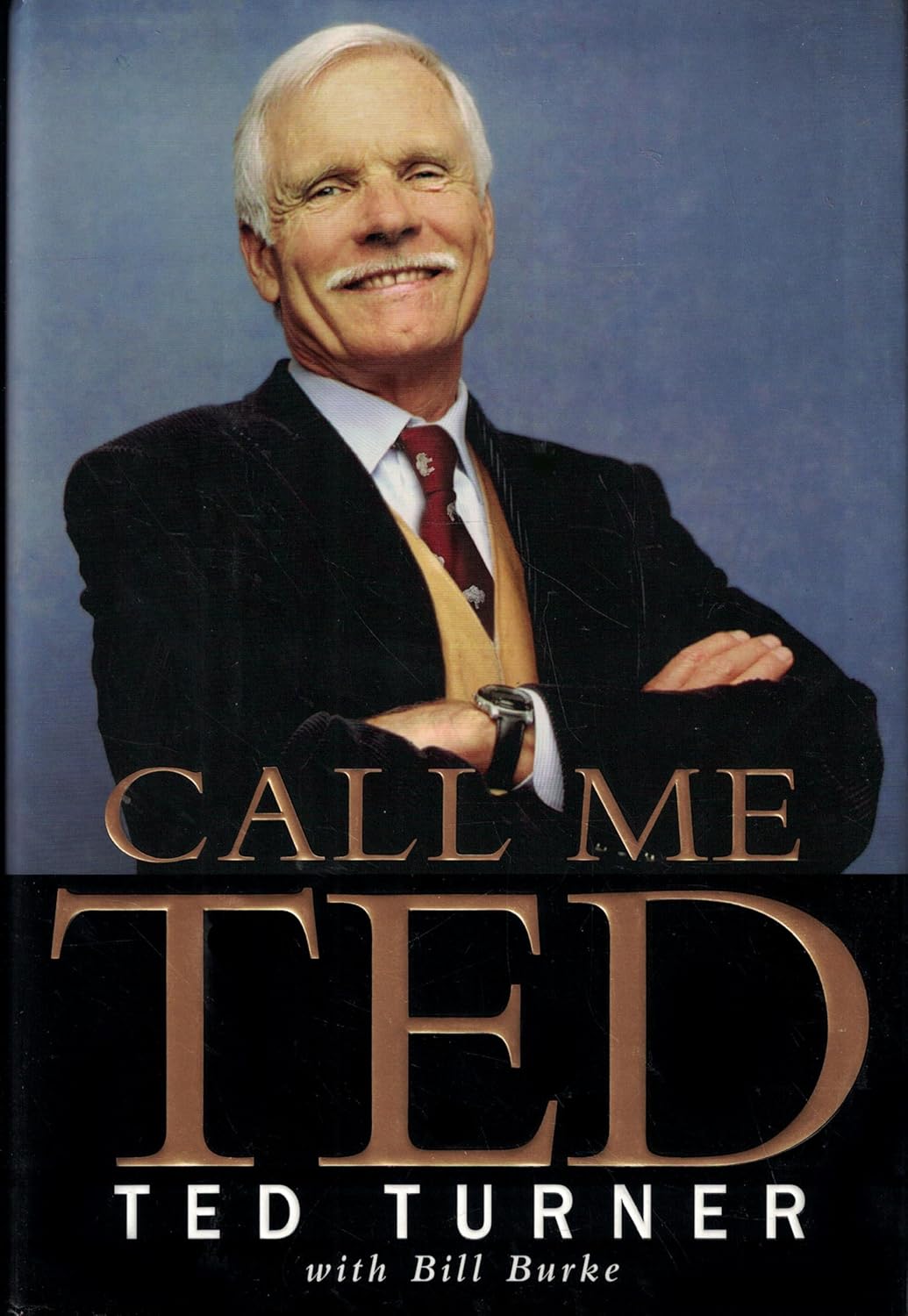Ted Turner Part 3: Fighting for Survival
When Robert Edward “Ted” Turner III launched Cable News Network (CNN), he was taking a financial risk. According to his autobiography, he didn’t have enough capital to fund the channel until it reached breakeven. He saw two potential outcomes: The value of the channel would become clear, and raising capital would become easier. Or he’d built a channel valuable enough to be acquired. Both were acceptable, so he plowed ahead.
The CNN launch almost gave Turner a nervous breakdown. It launched on time but was a financial disaster. Expenses were twice the budget and revenues were half the budget. Turner was losing four times more than he projected. To make matters worse, ABC and Westinghouse, two multibillion-dollar companies, were teaming up to launch a CNN competitor, Satellite News Channel. They planned to offer the new channel to cable companies for free alongside a short news channel they would also create.
Ted went to war. He created an “all-news channel with a thirty-minute cycle of headline news.” He called the new channel CNN2 and aimed to beat his competition to market in 1982 by six months. He couldn’t afford space on a satellite for CNN2, but he found a solution. Warner Communications wasn’t using its leased satellite space. Turner took Warner’s space and paid for it by allowing Warner to take over all ad sales for Turner Broadcasting and collect a royalty on all ad revenue it generated. It was a risky deal because it meant losing control of his sales operation, but Turner had no choice. He took it further and offered cable operators a 70% yearly discount on CNN subscription fees for three years if they carried CNN and CNN2. He even filed a $300 million antitrust lawsuit against ABC and Westinghouse.
Turner’s strategy worked, but it was costly. ABC and Westinghouse agreed to discontinue their channel if Turner paid them $25 million and dropped his lawsuit. His warfare strategy was costing him $4 million a month, so $25 million, while steep, was cheaper than a prolonged war.
By 1984, CNN, Headline News, and SuperStation were growing, but Turner Broadcasting was too small to compete against the big three broadcast networks for audience and advertising dollars. Turner’s company was generating $280 million in revenue and $10 million in profit. CBS alone was generating $5 billion in revenue. Turner decided that merging with one of the big three was his best option.
But merger conversations with the networks went nowhere. At the time, unfriendly corporate takeovers by raiders were popular. Turner got close to T. Boone Pickens, a famous corporate raider, and learned how that game worked. He then partnered with Michael Milken of Drexel Burnham to issue junk bonds and, in 1985, made an unsolicited offer to take over CBS. CBS fought the effort vigorously and the takeover died. But the publicity from this attempt led to Kirk Kerkorian calling Turner with another offer.
Prefer listening? Catch audio versions of these blog posts, with more context added, on Apple Podcasts here or Spotify here!




